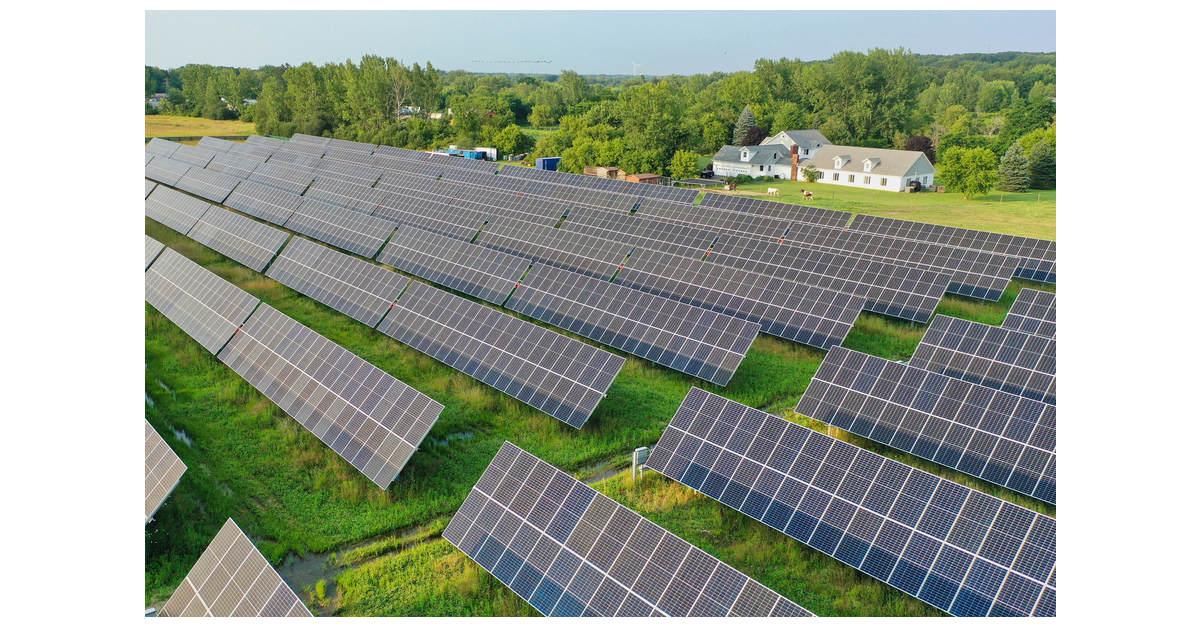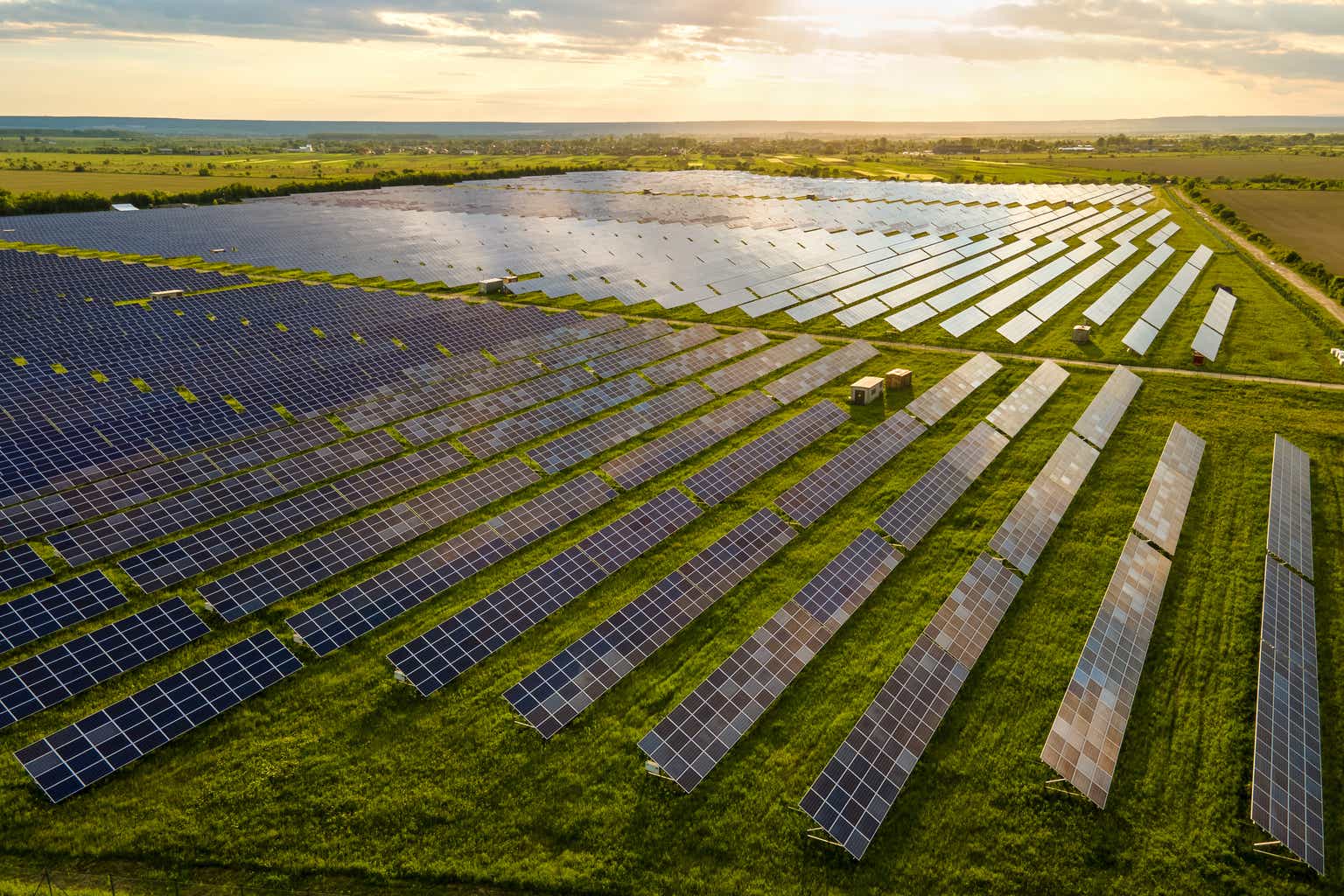Bridging the Energy Divide with Solar-Diesel Hybrid Power
In the heart of Lake Victoria, the Kalangala archipelago, home to 84 islands and 66,000 residents, witnessed a remarkable transformation post-2015 with the inauguration of the Bukuzindu Power Plant. This 1.6 MW solar-diesel hybrid facility on Bugala Island has revolutionized the lives of the islanders, shifting their primary livelihood from fishing to farming, thanks to the advent of reliable electricity.
The Green Shift in Agriculture
The presence of consistent power has enabled farmers like Daniel Kyeswa to venture into coffee cultivation, a sector that demands significant energy for processing. “The availability of power has made processing and communication easier,” Kyeswa notes, underscoring the plant’s role in boosting agricultural productivity. This surge in farming activities contributed to a 25% increase in Uganda’s coffee exports, amounting to $867 million in 2023. With over 1,000 coffee farmers now in the district, the impact of solar energy on green energy policies and the solar energy market is undeniable.
However, challenges persist, especially in energy storage, impacting the solar energy investment and developments in the region. Emmanuel Ongom, the Power Plant Operations and Maintenance Engineer, points out the mismatch in solar generation and demand as a significant hurdle. Moreover, for islanders without direct access to electricity, such as Nammanda Nsubuga from Bunyama Island, the lack of power means increased costs and losses, particularly for perishable goods.
Solar Technology and Energy Market Trends
Despite these obstacles, the push for solar technology and its adoption in agriculture highlights the potential for significant economic and environmental benefits. The Ssese Farm Institute exemplifies the cost-effectiveness of solar-powered irrigation systems, advocating for more widespread use of green energy solutions.
Local leaders, recognizing the pivotal role of agriculture in Uganda’s economy, are calling for the expansion of off-grid solar projects to increase access to electricity. Such initiatives not only promise to boost small-scale industries and irrigation schemes but also contribute to the country’s green energy policies.
With Uganda’s electricity access now over 42%, predominantly from renewable sources, the role of solar energy in shaping the energy market trends and solar market analysis is increasingly critical. While individual farmers may find the costs daunting, the collective benefits of solar energy investment in agriculture and its contribution to the solar energy market are vast and transformative.
Source: africanews.com





